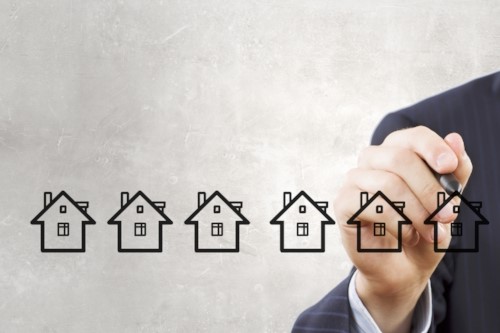A Focus On Property Investment

Search
Understanding the Risks of Property Investment
Property investors are exposed to risk for a longer time, so it’s important to understand the risks before you invest.
Property can be less volatile than shares and other investment types. It’s also a concept most New Zealanders are familiar with, which is what makes it so popular. However, there are several considerations when purchasing investment property to note.
10 Things to look out for with Investment Property;
- Buying an investment property can tie up your equity (the difference between what you owe and the properties market value). It can take some time to dispose of the investment to access your cash and there are costs associated with liquidating (selling) such as legal and real estate agent fees).
- If you invest most or all your cash in investment property and then need access to cash quickly, you’ll either need to sell, or increase your mortgage. This isn’t always easy and there are maybe lending restrictions and associated fees.
- You need to treat the investment property like a business. Keep emotions out of the decision-making process. Set up good systems to keep good track of all related income and expenses.
- You need to beware of the costs involved in owning an investment property such as the interest costs, insurance, land rates, maintenance costs, management fees and tax on any profit.
- If you must borrow to invest, make sure you know how much debt you can afford to take on. Talk to your mortgage advisor. They will look at your current commitments, your new commitments along with the new income and how your monthly cash flow is likely to work for you.
- Keep an eye on the interest rate markets, if interest rates rise, then your mortgage repayment may also rise. This will affect your disposable income. Your mortgage advisor should test your ability to service your existing mortgage, plus any new mortgage (and associated costs) less the rental income at a higher interest rate, so that you are prepared for interest rate rises.
- If interest rates fall, you can choose to keep repayments the same and pay of your mortgage debt quicker. Both the remaining term of the mortgage and overall mortgage costs will reduce. You are better to make these changes when your fixed rate mortgage expires, so that you avoid any expensive penalty fees.
- You may have gaps in the tenancy of your rental property. It’s a good idea when calculating the initial affordability of purchasing a rental investment to use just 75% of the predicated rental income. This will assist to provide an allowance for the running costs of a rental property and periods without tenant income.
- If you have a rental property and cannot find tenants, or there is unexpected repairs and maintenance, you’ll have to dip into your savings to pay these costs and to cover your mortgage. Make sure you have enough savings to cover these costs. Having access to a credit card for emergency repairs should also be considered.
- Property values are tied to how the economy is performing, how many buyers & sellers there are in the market when you want to buy or sell (supply & demand), the type & condition of the property, the location and access to transport networks and shopping centers. Purchasing at the right time, right type of property, right location, and the right area will assist with getting the right tenants and assist with selling the property into the future. A good rule of thumb is that if you are prepared to live there, then it’s be a good rental.

